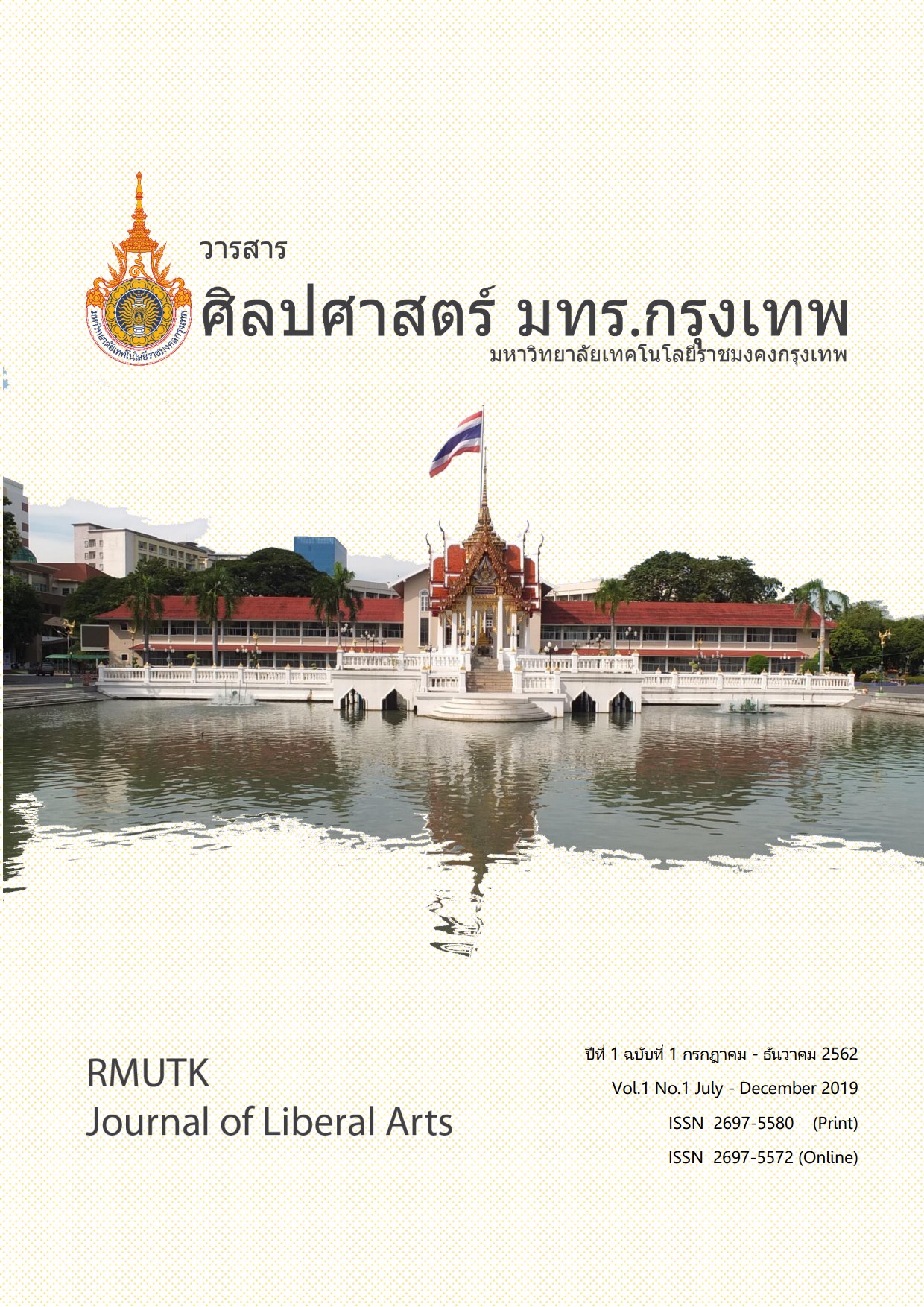Data Collection Methods Employed in the International Journal: “System”
Main Article Content
Abstract
This paper examines research articles published in an internal journal: System. In order to ensure up to date findings, it looks into data collection methods in articles published in the journal in 2019. The journal investigated in this study has a five-year impact factor of 2.288 (Elsevier B.V. 2019) and is included in the Science Direct database. This paper focuses on one journal due to the fact that individual journals have their own specifications and styles. Based on a random-sampled analysis, the study found eight data collection methods currently being used. Questionnaires were the most frequently used data collection method and were found to be commonly used in collaboration with semi-structured interviews. Other methods included the collection of student’s work samples, experiments, testing, class observations, class implementations, case studies and the use of multiple methods. It can be concluded from the findings that the same data collection methods used in the past have been adopted in current research. However, the methods have been adapted to modern technology, for example online questionnaires and Skype interviews. New knowledge or the development of new knowledge is based on methods that are as significant now as they have always been. This report can be useful for those interested in pursuing studies in languages and data collection methods that are adequate for publication in international journals and databases. The researcher can adopt one of the data collection methods reported in this article or any other method. In regard to the best methods, there are no absolute rules as adequacy for publication depends on the new knowledge obtained from the research
Article Details
References
Abrams, Zsuzsanna I. 2019. “The Effects of Integrated Writing on Linguistic Complexity in L2 Writing and Task-complexity” System. 81: 110–121.
Bao, Rui. 2019. “Oral Corrective Feedback in L2 Chinese Classes: Teachers’ Beliefs versus Their Practices. System. 82: 140–150.
Bui, Gavin; Ahmadian, Mohammad Javad & Hunter, Ann-Marie. 2019. “Spacing Effects on Repeated L2 Task Performance” System. 81: 1–13.
Burgh-Hirabe, Ryoko de. 2019. System. “Motivation to Learn Japanese as a Foreign Language in an English Speaking Country: An Exploratory Case Study in New Zealand” 80: 95–106.
Chen, Wenting & Yu, Shulin. 2019. “A Longitudinal Case Study of Changes in Students’ Attitudes, Participation, and Learning in Collaborative Writing” System. 82: 83–96.
Chen, Yanqing & Zheng, Xuan. 2019. “Chinese University Students’ Attitude towards Self and Others in Reflective Journals of Intercultural Encounter” System. 84: 64–75.
Cho, Moon-Heum & Casta~neda, Daniel A. 2019. “Motivational and Affective Engagement in Learning Spanish with a Mobile Application” System. 81: 90–99.
Couper, Graeme. 2019. “Teachers’ Cognitions of Corrective Feedback on Pronunciation: Their Beliefs, Perceptions and Practices” System. 84: 41–52.
Creswell, John W. 2009. Research Design: Qualitative, Quantitative, and Mixed Methods Approaches. Los Angeles: Sage Publications, Inc.
Dornyei, Zoltan. 2007. Research Methods in Applied Linguistics. Oxford: Oxford University Press.
Durbidge, Levi. 2019. “Technology and L2 Engagement in Study Abroad: Enabler or Immersion Breaker?” System. 80: 224–234.
Elsevier B.V. 2019. System. Available: https://www.journals.elsevier.com/system (Access on 13 July 2019).
Emerick, Mark, R. 2019. “Explicit Teaching and Authenticity in L2 Listening Instruction:University Language Teachers' Beliefs” System. 80: 107–112.
Gearing, Nigel & Roger, Peter. 2019. “Where's the Vision? Rescuing Integrativeness to Understand the Language Learning Motivation of English-speaking EFL Instructors living in South Korea” System. 82: 122–131.
Jeong, Hyojin & Jiang, Nan. 2019. “Representation and Processing of Lexical Bundles: Evidence from Word Monitoring” System. 80: 188–198.
Jiang, Yan & Dewaele, Jean-Marc. 2019. “How Unique is the Foreign Language Classroom Enjoyment and Anxiety of Chinese EFL learners?” System. 82: 13–25.
Jurkovi, Violeta. 2019. “Online Informal Learning of English through Smartphones in Slovenia” System. 80: 27–37.
King, Nicole & Ridley, Jackie. 2019. “A Bakhtinian Take on Languaging in a Dual Language Immersion Classroom” System. 80: 14–26.
Lau, Ken & Gardner, David. 2019. “Disciplinary Variations in Learning Styles and Preferences: Implications for the Provision of Academic English” System. 80: 257–268.
Lynch, Brian K. 1996. Language Program Evaluation: Theory and Practice. Cambridge: Cambridge University Press.
Neuman, W. Lawrence. 2006. Social Research Methods: Qualitative and Quantitative Approaches. Boston: Pearson Education, Inc.
Patton, Michael Quinn. 2002. Qualitative Research and Evaluation Methods. California: Sage Publications, Inc.
Wortham, Sue C. 1995. Measurement and Evaluation in Early Childhood Education. New Jersey: Prentice Hall, Inc.


